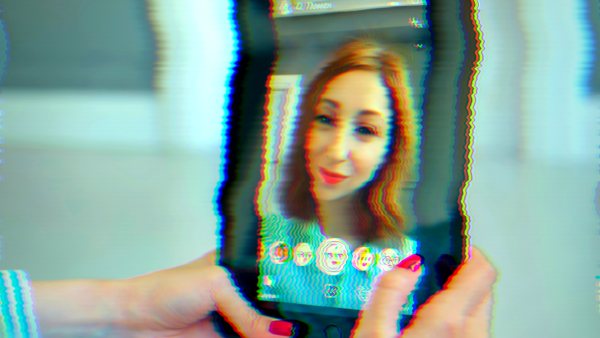Ever since image filters and photoshop edits came into existence, they have started to gradually affect beauty standards around the world. This has not been limited to men and women seeking lighter skins and blue-colored eyes, but it is increasingly becoming a social obsession with more evasive and permanent treatments, thanks to the pandemic.
Proposed law in UK would make celebrities label as “edited” photos posted to Instagram that are photoshopped. Member of Parliament: “Edited photos on Instagram are fueling a mental health crisis because they’re creating a warped sense of beauty.” pic.twitter.com/G2eYjzuBdv
— Mike Sington (@MikeSington) August 29, 2020
You might argue that long COVID lockdowns have helped people spend more time away from social pressures and "toxic" environments that require certain physical appearances, but online meetings and constant appearances on live cameras throughout the pandemic have apparently negatively impacted body image amongst millions of people around the world.
According to a study published in the International Journal of Women’s Dermatology recently, 82.7% of surveyed dermatologists "marked their patients as either being somewhat more or significantly more unhappy with their appearance since using video-conferencing during the pandemic", which suggests a huge spike in the overall satisfaction of facial and body traits amongst people post the pandemic.
This spike in interest in plastic surgeries and other skin treatments meant to make people get rid of what they think are unbeautiful traits has been linked to the long hours people have spent online during the last 16 months, most of which they had to attend Zoom meetings online with their cameras open. This has led people to be aware of their wrinkles and fine lines as they talked, encouraging them to consider undergoing special treatments.
Moreover, the excessive use of beauty filters on social media platforms, with people looking thinner with flawless skin textures and European-standards of beauty have also driven the overall interest in such beauty procedures, such as fillers, eyelid lifts, nose jobs, and laser treatments.
Facing this "Zoom boom", more and more social media networks are responding to public calls to curb the use of filters by adding special labels to remind viewers of the type of selfie filters used by users, such as Instagram and TikTok.
Premium #Zoom filters is the business opportunity I see here. Plastic surgery is up during the pandemic. https://t.co/npaiMq4IwG
— bank·a·ble (@mbuguanjihia) December 9, 2020
Pinterest has recently started a No Size Fits All initiative, to limit content that shames body weight or calls for standardized beauty traits.
In 2017, France started requiring influencers to disclose that images they post online are photoshopped or edited by other software.
Last February, the UK's Advertising Standards Authority has decided to ban influencers from using "misleading" beauty filters on images posted to promote related products, as to protect consumers from being deceived with the results the product can offer.
This week, Norway too has introduced a new law through which influencers will have to reveal details of filters and edits that are used on their content online.
Do you think that enforcing such laws in more countries around the world will be helpful in reversing the negative impact caused by social media filters and prolonged use of cameras on a daily basis?









